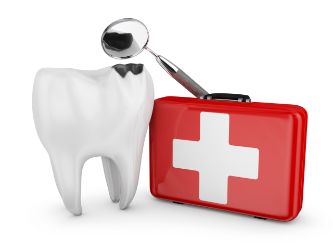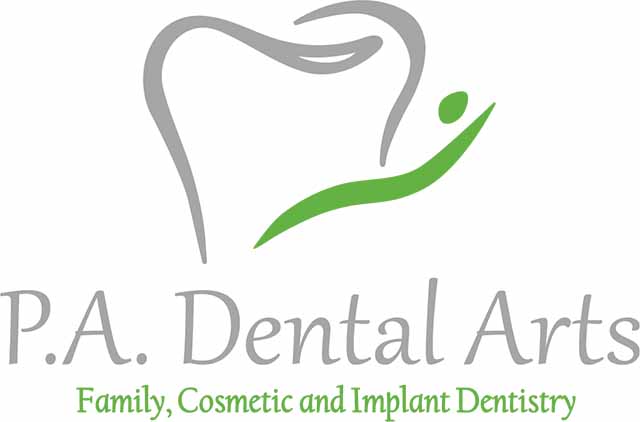
In a perfect world, the only type of dental work you would need is routine care and maybe an occasional minor procedure that’s scheduled when it’s convenient for you. Unfortunately, however, dental emergencies can strike at the worst times, like the middle of the night, on vacation, or during a busy work week. And while an emergency dentist in Allen is always there to provide care, it’s far better to prevent these situations altogether. Keep reading for 5 great tips you can use at home to minimize your chances of a dental emergency!
1. Maintain Good Oral Hygiene
Generally speaking, the better you do with brushing and flossing, the fewer dental problems you’ll have. Try to stay consistent with brushing for 2 minutes, twice a day, and flossing once.
If you’re like many people and your flossing habits aren’t perfect, just pick up where you left off instead of giving up entirely (i.e. it’s better to floss a few times each week than not at all). It’s also helpful to use fluoride (anti-cavity) mouthwash to strengthen your enamel and prevent tooth decay.
2. Be Careful With Certain Foods
This is sound advice for everyone, but especially for those who have extensive dental work like crowns, bridges, etc. To avoid chipping a tooth or breaking your dental work, be mindful when you’re eating hard, tough or crunchy foods like peanut brittle, carrot sticks, nuts and seeds, and hard candies. Also, try to brush as soon as you can if you have something sticky and sweet like caramel or gummy bears.
3. Wear a Nightguard or Athletic Guard If Necessary
Nighttime clenching and grinding is very common and can lead to cracks, chips, tooth sensitivity and even jaw pain. A custom-made nightguard won’t stop the clenching and grinding, but it will protect your teeth and jaws.
If you or a loved one likes sports or recreational activities like mountain biking, a custom-made athletic guard will offer protection from serious injuries like knocked-out teeth and even lessen the severity of a concussion.
4. Don’t Use Your Teeth As Tools
If you’re opening a package or bottle, get in the habit of using the appropriate tool like scissors or a bottle opener. Also, avoid cracking nuts with your teeth.
5. Don’t Forget About Regular Checkups and Cleanings
Finally, while checkups and cleanings clearly aren’t something you can do at home, it’s important to schedule these visits with a dentist in Allen regularly. They’re the best way to find any small problems before they turn into emergency situations. They also keep your teeth and gums healthier and lower your chance of developing cavities, gum disease and other dental problems.
If you’ve ever dealt with a dental emergency, you know it’s not an experience you want to repeat any time soon. With these 5 tips, you’ll have the best shot at preventing emergencies altogether!
About the Author
Dr. Christina Blacher is a general and emergency dentist in Allen who makes every effort to see her patients the same day whenever they need immediate care. In addition, she always provides prevention tips to help them avoid emergencies as much as possible. If you’re having a dental emergency or have any questions, she can be reached via her website.
